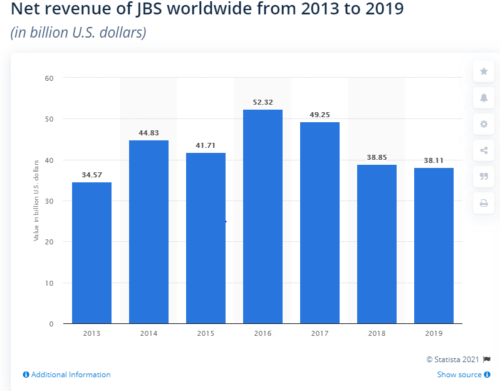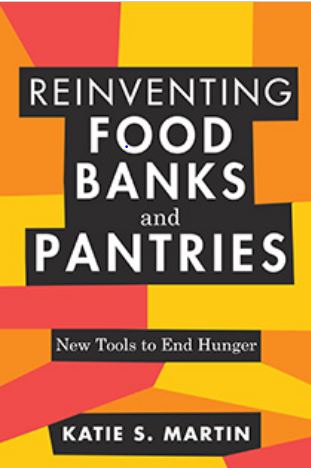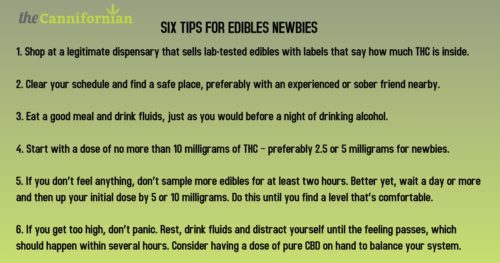Yet another apology to Food Politics subscribers
The new subscription system to Food Politics has ads. I did not know that either. I am looking into other methods. Apologies again. Please stay tuned.
The new subscription system to Food Politics has ads. I did not know that either. I am looking into other methods. Apologies again. Please stay tuned.
If you have been subscribing to my Food Politics blog, you probably received this message from Follow.It about having to reconfirm your subscription. Once again, despite its strange wording, it is legitimate.
You receive this email because publisher of feed Food Politics imported you to this list, claiming you were already subscribed to this content in other ways previously. Please confirm that this is correct and you want to receive this content by clicking here, or decline if you don’t want to receive it.
Follow.It has replaced Feedburner for blog subscriptions. To avoid spam, it requires confirmation—twice.
If you want to continue subscribing—and I hope you will—you have two ways to do this.
I had no idea this would be such a mess, and I’m truly sorry. Thanks so much for hanging in.
More to come!
Leafy greens contaminated with toxic E. coli make eaters very sick (this is an understatement).
Toxic E. coli are excreted by cattle raised in the vicinity of lettuce and spinach fields.
But leafy green safety is overseen by FDA whereas everything having to do with food animals is overseen by USDA.
This is why the latest moves by FDA about leafy green safety are so noteworthy.
The Big Question: Will—can—the FDA force cattle ranchers and leafy green growers to adhere to food safety precautionary measures?
Let’s hope.
Here are the relevant documents:
FDA statement on release of a report on a 2020 outbreak
The findings of foodborne illness outbreak investigations since 2013 suggest that a likely contributing factor for contamination of leafy greens has been the proximity of cattle. Cattle have been repeatedly demonstrated to be a persistent source of pathogenic E. coli, including E. coli O157:H7.
Considering this, we recommend that all growers be aware of and consider adjacent land use practices, especially as it relates to the presence of livestock, and the interface between farmland, rangeland and other agricultural areas, and conduct appropriate risk assessments and implement risk mitigation strategies, where appropriate.
Report on the 2020 outbreak investigation
The analysis has confirmed a positive match to the outbreak strain in a sample of cattle feces, which was collected during follow-up investigations on a roadside, uphill from where leafy greens or other food identified in the traceback investigation were grown. While the finding does not provide definitive information on how E. coli may have contaminated product during the growing and harvesting season, it does confirm the presence of a strain of E. coli O157:H7 that causes recurring outbreaks in a more narrowly defined growing region and a potential, continued source of contamination.
As outbreaks have continued to occur, despite significant efforts in recent years, greater emphasis will be needed around such complex issues as adjacent land use, agricultural water, and understanding likely routes by which human pathogens may contaminate leafy greens.
Former FDA food safety official Michael Taylor’s comment on these documents
FDA declared the recurring strain implicated in the 2020 outbreak to be a “reasonably foreseeable hazard,” which FDA attributed to the presence of cattle on land adjacent to growing fields. This finding seems obvious and shouldn’t be surprising. The surprise, however, is that FDA used regulatory language to express its finding and spelled out the implications: farms covered by the FSMA produce safety rule “are required to implement science and risk-based preventive measures” to minimize the risk of serious illness or death from the E. coli hazard…I do not anticipate FDA taking judicial action to enforce its April 6 finding, absent egregious practices or clear negligence in a particular leafy green growing situation. I do see, however, a heightened sense of urgency at FDA and frustration that efforts to date have not solved the leafy greens safety problem. I share that frustration.
Food safety lawyer Bill Marler’s comment
The FDA took specific aim at California growers as the cause of repeated and ongoing outbreaks, putting the responsibility of combating the outbreaks squarely on the growers.
FDA’s investigations into foodborne illness outbreaks are available from its outbreak page. These are the ones from 2020.
If you are an e-mail subscriber to this blog, you should have received this message today. Despite its off-putting wording, it is legitimate.
You receive this email because publisher of feed Food Politics imported you to this list, claiming you were already subscribed to this content in other ways previously. Please confirm that this is correct and you want to receive this content by clicking here, or decline if you don’t want to receive it.
For reasons unknown to me, Google has cancelled its long-standing Feedburner subscription service.
Subscriptions are being transferred to something called follow.it.
I thought the transfers would be automatic—apparently not.
If you would like to continue to receive my blog in your email, please click on the “confirm” link.
I’m so sorry for the awkward transfer. If I had known, I would have alerted you in advance.
My apologies and thanks for subscribing.
Representative Alexandria Ocasio-Cortez (Dem-NY) and Senator Ed Markey (Dem-MA) have reintroduced their bipartisan bill for a Green New Deal, H. Res. 109, aimed at preventing further climate change.
The Green New Deal provides for improvements to food systems and to food access (with my editing and emphasis):
The details are yet to come, but this plan has much to offer and deserves widespread support.
The Green New Deal was first introduced in 2019.
This ad appeared in yesterday’s New York Times.

The ad is signed jointly by JBS and Pilgrim’s, but JBS owns nearly 80% of Pilgrim’s, so this is JBS’s ad.
At the bottom of this ad, you can read about the company in very small print:
JBS is the second-largest food company in the world, producing high-quality beef, chicken and pork products, alokng with innovative prepared foods and plant-based alternatives that reimagine the future of protein….
The company is based in Brazil, where burning of the rainforest to grow soybeans—to feed cattle–produces massive amounts of greenhouse gases.
In this ad, JBS promises to achieve “net-zero emissions” by 2040.
How? It’s a bit vague on details.
We’re setting time-bound, science-based targets and backing them up with $1 billion in capital over the next decade. We’re supporting producers by investing $100 million by 2030 in on-farm research.
We will cut our own emissions by 30% by 2030 and eliminate Amazon deforestation from our supply chain within five years.
For the record, JBS’ annual revenues are nearly 40 times higher than what it plans to spend on this over the next 10 years.

The company’s revenues have been declining. Does that explain its sudden interest in preventing climate change?
This looks like classic greenwashing to me.
Before believing that this is not greenwashing, I’d like to see those “time-bound, science-based targets” and to know who is holding JBS accountable for meeting them.
Katie S. Martin. Reinventing Food Banks and Pantries: New Tools to End Hunger. Island Press, 2021.

After Janet Poppendieck’s Sweet Charity?, and Andy Fisher’s Big Hunger, I didn’t think there was anything new to say about private charitable food handouts in the U.S., but this book surprised me.
Reinventing is a how-to manual for people working in the food banking and food pantry system. Katie Martin’s goal is to make this system more dignified, healthier, and politically focused for participants.
Martin recognizes that a volunteer-run system for distributing charitable food is unsustainable. She wrote this book to encourage longer term solutions to food and nutrition insecurity.
What if our success is measured not simply by the pounds of food we distribute but by the reduction in people who need our services? Or the number of people who are connected to additional services? Or the number of people who make fewer trade-off decisions between paying for food, rent, or medicine. Or the number of people who have improved health outcomes based on the food and services they receive? (p. 26)
The book provides step-by-step guides to talking about hunger in policy rather than individual terms, to making food pantries more hospitable and better connected to social resources, to providing participants with choices, to training volunteers, to evaluating how programs work, and to dealing with systems change.
Every chapter ends with actions steps and encouragement to take one step, make one change.
Yes!
I don’t follow cookbooks closely but was surprised to see Stained Page News’ account of an entire cookbook genre devoted to cooking with Cannabis.
I knew about Elise McDonough’s writings in High Times, but had not paid much attention to her Official High Times Cannabis Cookbook when it came out. Stained Page News explains:
Author Elise McDonough is foundational to the modern cannabis cookbook space. A cannabis consumer since her teens, she eventually found herself working for the flagship subculture magazine High Times while taking classes at New York’s Natural Gourmet Institute. McDonough says that the magazine would field recipes from contributors, who often sent them in without photography, and they’d have to re-create the dish in order to print it. “That really got me into the idea of cooking with cannabis—learning a lot of techniques, an interest in food style and prop styling for photography, that got me started,” she said.
Here is SPN’s Guide to Cannabis Cookbooks
Disclaimer: I have never cooked from any of these and cannot vouch for the accuracy of the recipes or their quality. But if you do cook from them,
